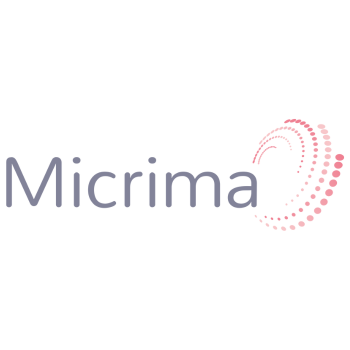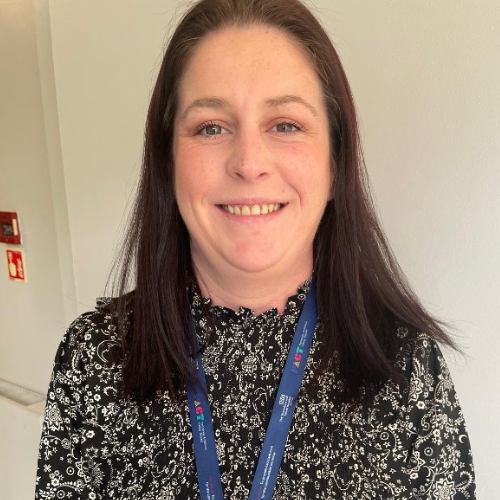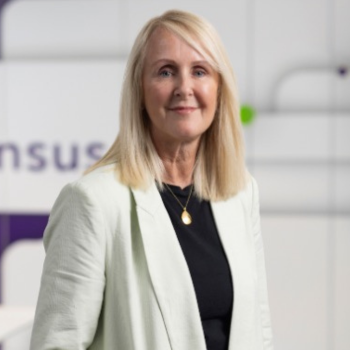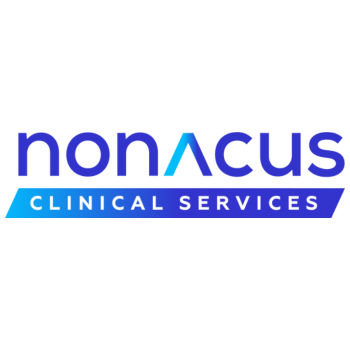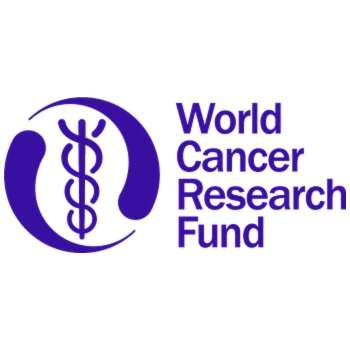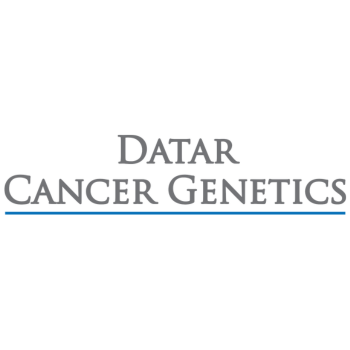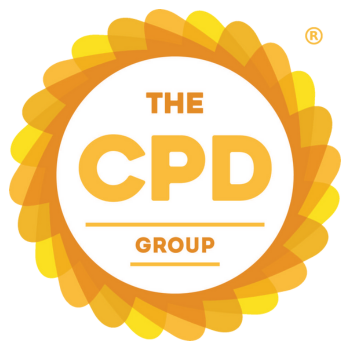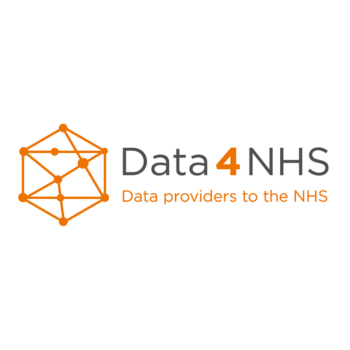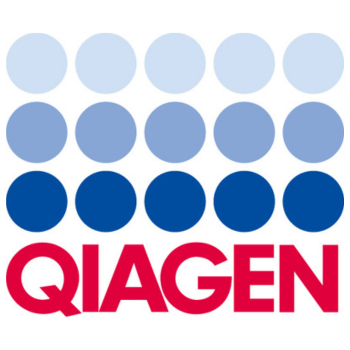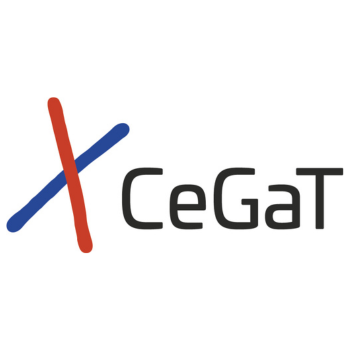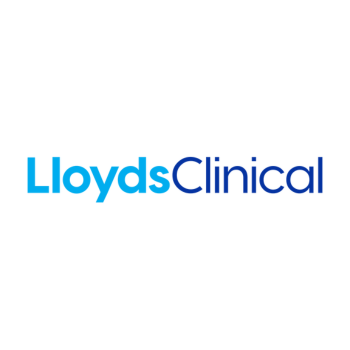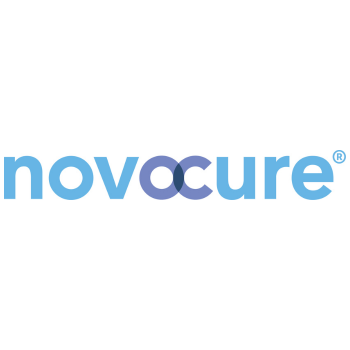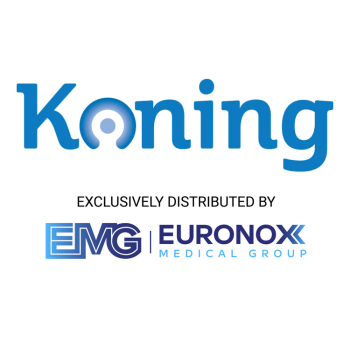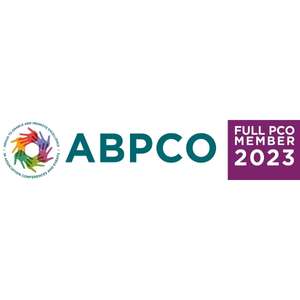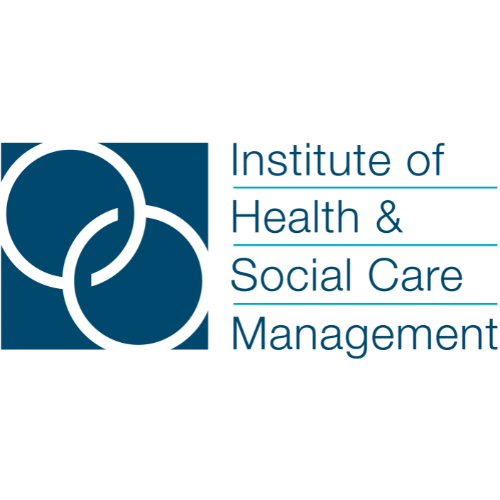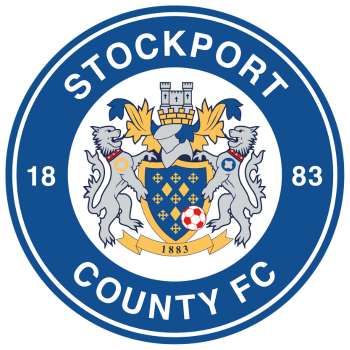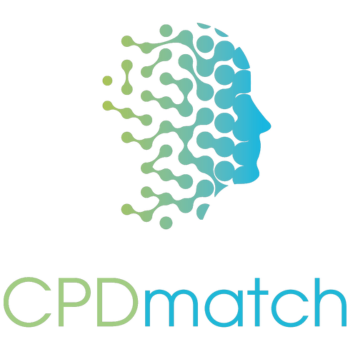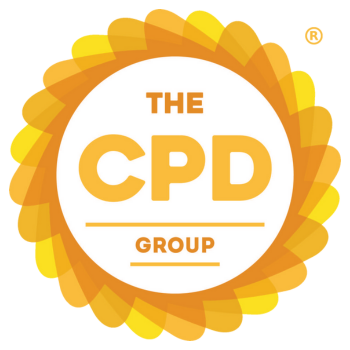The programme
08:30
Registration & Networking
Registration - Open from 8:30 am - Closes at 11:00 am
All delegates must complete their registration process before the 11:00 AM cut-off time. Please arrive in a timely manner to allow for registration and to avoid any inconvenience. Delegates who arrive after the registration deadline will be refused entry to the event.
We appreciate your cooperation in helping us maintain the event's schedule and ensuring that everyone can fully participate in the Conference. If you have any questions or require assistance, our event staff will be available to assist you with the registration process.
Thank you for your understanding, and we look forward to an insightful and productive event together!
09:30
Chair Opening Address (Confirmed)
Mr Chris Sleight MSc BSc FIBMS
Ex Diagnostics Leader within the NHS
09:40
Presentation - Liquid biopsy for cancer in the NHS: from research to reality (Confirmed)
Alastair Greystoke
Professor of Precision Oncology
Newcastle University, Newcastle upon Tyne Hospitals NHS Trust
The technology to determine the genomics of a cancer from a blood sample using circulating tumour DNA also called liquid biopsy, has rapidly improved over the last 10 years. The NHS England pilot in lung cancer demonstrated how this could be implemented at scale to improve the care of patients, and reduced times to treatment in a cost-effective manner.
This has led the way for determining how we can implement these new technologies at scale and at pace but with key learnings as to patient identification, setting up sample collection pathway and result interpretation. These learnings and challenges that were met during the process of the pilot and NHS deployment will be discussed.
10:00
Panel Discussion - Reducing Health Inequalities in Cancer Care
Oliver Gregory
Programme Lead
NCL Cancer Alliance
Mrs Sue Harrold
Cancer Nurse Consultant
Sciensus Pharma Ltd
Dr Owen Carter
National Clinical Advisor at Macmillan Cancer Support
GPwSI Oncology
Mr John-Paul Crofton Biwer
Founder
Edge of Possible Consultancy
This panel discussion will explore actionable strategies to reduce health inequalities in cancer care. Experts will examine the multifaceted barriers to access, including socioeconomic, geographic, and cultural challenges, that contribute to disparities in cancer prevention, diagnosis, and treatment. By highlighting successful case studies and innovative interventions, the panel will provide insights into fostering equitable care for diverse populations.
10:30
Main Sponsor - Breast Cancer Risk Prediction and Prevention in Young Women
Dr Sacha Howell FRCP PhD
Senior Lecturer and Honorary Consultant in Medical Oncology Division of Cancer Sciences, Faculty of Biology, Medicine and Health
The University of Manchester, Oglesby Cancer Research Centre
Main Sponsor - Micrima
This session will present findings from the Breast CANcer Risk Assessment in Younger (BCAN-RAY) study, which explored new approaches to improving breast cancer risk assessment in women aged 30–39 years without a strong family history of the disease. The presentation will highlight why understanding breast cancer risk in younger women is critical and how tailored screening services can help address health inequalities in underserved communities.
Key insights from the BCAN-RAY study include the role of breast density as a significant risk factor for young women, how best to incorporate this into risk models, the potential benefits and harms of risk assessment, and strategies to improve awareness and acceptability of such assessments among diverse populations.
11:50
Chair Morning Reflection (Confirmed)
Mr Chris Sleight MSc BSc FIBMS
Ex Diagnostics Leader within the NHS
11:55
Case Study - Point of care, physician-led, genomic testing in lung cancer: spreading the genomic net as wide as possible
Professor Matthew Evison
Consultant in Respiratory Medicine
Manchester University NHS Foundation Trust
Case Study - Biocartis
To discuss the experience to date of delivering point of care, physician-led genomic testing in the bronchoscopy room with same day results.
To discuss wider implications and considerations on whether this could be applicable on a wider footprint.
12:15
Case Study - Optimising a patient’s cancer journey: Better detection, faster flow
Luke Wyatt
Director of Partnerships
C the Signs
Dr. John Woolley
GP and Clinical Lead
C the Signs
Case Study - C the Signs
- Detection challenges across the pathway – from non-specific symptoms in primary care to cancer-specific USC routes.
- Improving triage and decision-making through to referral quality – using digital tools to reduce delays and bottlenecks at the diagnostic stage.
- Making every contact count – harnessing technology to support a clinician’s assessment of risk, in the moment.
12:35
Fireside Interview - Oncology care in the modern NHS (Confirmed)
Dr Penny Kechagioglou
Chief Clinical Information Officer and Consultant Clinical Oncologist
University Hospitals Coventry and Warwickshire
Challenges and opportunities in oncology care amidst NHS changes. From partnership opportunities to reduce waiting times, to innovative workforce models, to personalised case and integrative medicine.
12:55
Pancreatic Cancer: Early detection and faster diagnosis by liquid biopsy testing and primary care case finding
Dr Chris Peters
Clinical Reader and Clinical Associate Prof. in Upper GI Surgery
Imperial College and Imperial College Healthcare NHS Trust
Datar Cancer Genetics
The 2025 National Pancreatic Cancer Audit has just been published. Only 25% of diagnoses in England are at Stages 1 and 2 – 62% are at Stage 4. Average survival 1 year after diagnosis is 23%. Approximately 80% of patients are diagnosed when curative surgery is no longer possible and only 8% of those diagnosed get an operation.
Earlier and faster diagnosis is crucial to improving health outcomes. This involves effective case finding in primary care such as the Pancreatic Cancer Primary Care Case-Finding Pilot launched by the NHS this year.
We present a leading-edge liquid biopsy blood test, Datar Cancer Genetics’ TruBlood Pancreas, which has high sensitivity and specificity, and which can easily be administered in primary care. We published a paper on the performance of TruBlood Pancreas diagnostics last year with clinicians from London and around the world, which is available here.
14:00
Chair Afternoon Address (Confirmed)
Mr Chris Sleight MSc BSc FIBMS
Ex Diagnostics Leader within the NHS
14:05
Case Study - Patient Stratified Follow Up (PSFU/PIFU) for Cancer Patients
Claire Marsh RN, ANP BSc (Hons)
NMP IP, Cancer Leadership MSc, Personalised Care Lead (Cancer Care)
University Hospital Southampton NHS Foundation Trust
Case Study - University Hospitals Southampton
Personalised Stratified Follow Up (PSFU/PIFU) is a vital part of delivering world class cancer services to people whilst addressing the challenges of demand and capacity throughout cancer pathways. The implementation of PSFU/PIFU pathways provides better care and experience for patients. By reducing the amount of time professionals spend seeing patients who are doing well after treatment, it also frees up professional’s time to focus on other parts of cancer pathway or on those patients with complex post treatment needs.
14:25
Case Study - Cone Beam Breast CT Case Study in Breast Cancer Detection and Diagnosis
Roger (Xiaohua) Zhang
Vice President
Koning Corporation
Case Study - Euronoxx Medical Group
Cone Beam Breast CT (CBBCT) is a non-compressing, true three-dimensional, low-radiation modality dedicated to breast imaging. Approved by the U.S. FDA, it has been implemented at nearly 40 sites across 9 countries and regions worldwide. This presentation will showcase clinical cases illustrating the role of CBBCT, both with and without contrast enhancement, and compare its efficiency and effectiveness against other mainstream modalities in breast cancer detection and diagnosis.
14:45
Presentation - The Crucial Role of Early Diagnosis for Patients and the Nation: Understanding the Costs of Late-Stage Cancer Diagnosis (Confirmed)
Valentin Butnari
Clinical Research Fellow
Department of Surgery, Barking, Havering and Redbridge University Hospitals NHS Trust
This presentation will delve into the critical economic and clinical implications of early versus late-stage cancer diagnosis within our Trust. Drawing from a comprehensive retrospective analysis of 4,596 patient pathways across nine cancer groups, we will present compelling data on the financial burden and resource utilisation associated with cancer care. Our findings reveal a contrast in costs: the average cost for late-stage diagnosis ($23.8K) is more than double that of an early-stage diagnosis ($11.2K). We will highlight the most significant cost differentials in specific cancer types, including haematological, colorectal, and breast cancers. Beyond the immediate financial savings, we will explore the broader impact on patient outcomes.
Early detection not only reduces healthcare costs but also significantly extends healthy life expectancy, with our data showing an average of 10.74 years gained through successful treatment. The presentation will conclude with a powerful, forward-looking projection. We will demonstrate that by achieving the NHS target of a 75% early detection rate, our Trust could realise a hypothetical saving of over £14.7 million over just four years. This analysis underscores the financial and human imperative of investing in early detection strategies and advanced screening methods to improve healthcare efficiency and patient well-being.
15:05
Presentation - Improving Cancer Outcomes in Luton (Confirmed)
Kathy Nelson
Programme Director
BLMK ICB
Luton is a diverse town with high deprivation and some of the lowest one-year cancer survival rates in the country. At the start of the project screening uptake was below the national average, and too many people were diagnosed late, often in hospital. The presentation explores how we used data to understand the medical, behavioural and social factors behind these outcomes. It will also describes our implementation approach, what impact it has had and what difference the project is making.
15:25
Panel Discussion - Innovations in Treatment and Aftercare
Katey Evans
Personalised Care Navigator
Shrewsbury and Telford Hospitals Trust
Mr John-Paul Crofton Biwer
Founder
Edge of Possible Consultancy
Mr Ravi Chana
Executive Director, Diagnostics
ABHI (Association of British Healthtech Industries)
This panel at the NHS Oncology Conference will explore groundbreaking advancements in cancer treatment and aftercare, focusing on precision medicine, immunotherapies, and digital health tools. Experts will discuss targeted therapies tailored to genetic profiles, the transformative potential of immunotherapies, and the role of digital tools like remote monitoring and AI in personalised aftercare.
Panellists:
- Katey Evans, Personalised Care Navigator, Shrewsbury and Telford Hospitals Trust (Confirmed)
-
Mr Ravi Chana, Executive Director, Diagnostics, ABHI (Association of British Healthtech Industries) (Confirmed)
-
Mr John-Paul Crofton Biwer, Founder, Edge of Possible Consultancy (Confirmed)
15:55
Food, Drinks & Networking
Food, Drinks & Networking


